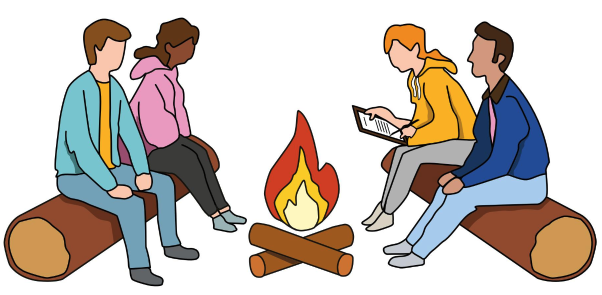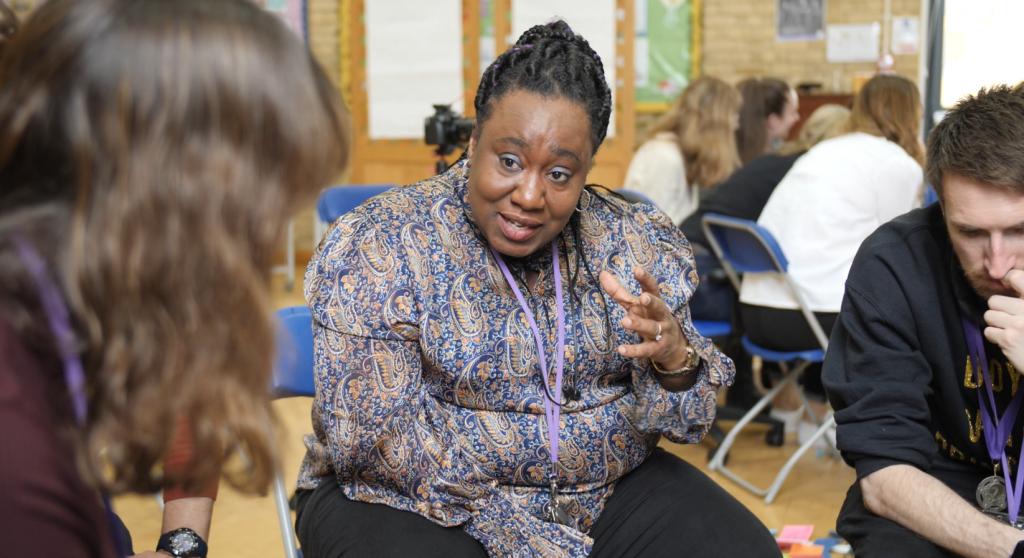Critical Friendship Groups: Think ‘Fireside Chats’
David Jackson

Gesher School serves children who learn differently — many of whom have had highly stressful school experiences previously.
To do a brilliant job for these children, we want to be the best that we can be — the best in well-being, best in assessment, in project-based learning design and facilitation, in exhibitions, best community links, best staff development, best parent engagement, skilled in the use of technology and so on. Not best or better in any comparative way — just the best that we can be to serve the young people, adults and families who are part of our school community…
We need to be the most informed and intentional learning organisation that we can be.
To do that we need to be the most informed and intentional learning organisation that we can be, and one feature of that is to reach out to people who have relevant knowledge and experience to help us with dilemmas or ‘problems of practice’ and to debate with us key elements of our ambition. One strategy for this is Critical Friendship Groups.
Critical Friendship Groups (CFGs)
Gesher started as a primary school and is now an all-through school. For the first 18 months of its existence as an all-through school, it is emphatically in learning mode. We plan to harness the goodwill and professional generosity of the school’s multiple partners and connections to establish a small number of CFGs around key themes that are central to the school’s success.
At the time of writing we have held one CFG so far, on the theme of well-being, when we asked our critical friends:
How do you empower young people to manage and own their own mental and emotional well-being through adolescence and beyond school?
Eight people from backgrounds as diverse as the Anna Freud Centre and Place2Be, and as geographically spread as Bolton to Israel, met online for two hours to engage in a facilitated conversation, the outcomes of which will be featured in Issue 3 of The Bridge. We plan to share both a think-piece distilled from that session and also a tool or framework that might be of practical value to teachers.

Critical Friendship Group Objectives
There are four objectives to CFGs, which are:
- To connect Gesher with advanced practice and thinking around issues linked to the school’s ambitions, and to the needs of the SEND sector.
- To build relationships with people who have experience, knowledge and insights that can help to advance Gesher’s work and the work of the sector.
- To generate usable knowledge and ideas around key ‘problems of practice’.
- To create an informal space that allows people to engage and contribute to Gesher’s evolution.
We hope, of course, to learn a huge amount. And we plan to share the things that we learn which are of collective value through the journal.
For the moment, we offer up the idea of ‘fireside chats’ with a group of people who know stuff and who care about young people’s learning, as one that might have value for other schools.

